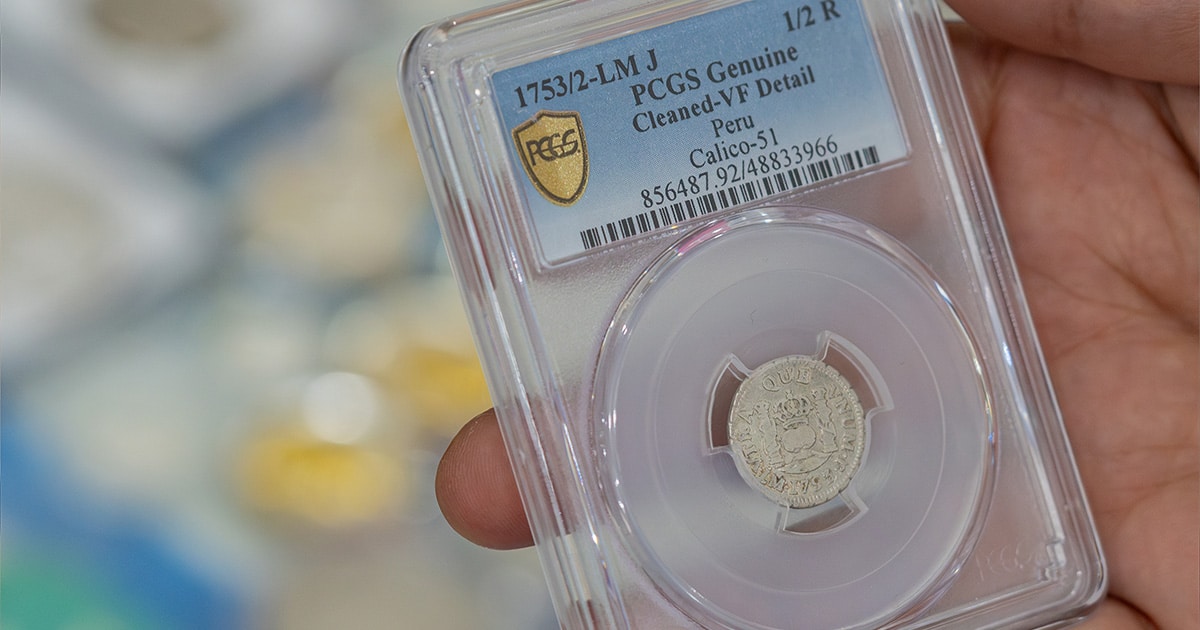When you’re involved in a car accident, your world can be turned upside down in an instant. From injuries and medical bills to dealing with insurance companies and car repairs, the aftermath is often stressful and overwhelming. One of the most important decisions you’ll make during this time is choosing the right source for car accident legal advice. But with countless voices offering their opinions, how do you know whom to trust?
This blog aims to guide you through the different avenues available for car accident legal advice and help you identify the most reliable, knowledgeable, and ethical sources to ensure your rights are protected.
Why Car Accident Legal Advice Matters
Car accidents involve a web of legal issues, including liability determination, damage claims, personal injury lawsuits, insurance negotiations, and more. Accurate legal advice can mean the difference between a fair settlement and a denied claim.
Reliable car accident legal advice helps you:
- Understand your legal rights and responsibilities
- Evaluate the strength of your case
- Navigate the complex insurance claims process
- Avoid costly mistakes that could jeopardize your claim
- Maximize compensation for injuries and damages
Given the stakes, it’s essential to rely on trustworthy sources.
Who Are the Key Sources of Car Accident Legal Advice?
Let’s explore the various sources from which people often seek legal counsel after a car accident:
1. Licensed Personal Injury Attorneys
Why You Can Trust Them: These professionals specialize in personal injury and car accident cases. They have the education, licensure, and practical experience to provide comprehensive advice tailored to your situation.
Pros:
- In-depth knowledge of local and state traffic laws
- Experience negotiating with insurance companies
- Ability to represent you in court
- Often work on contingency fees, meaning you pay only if you win
Cons:
- May be expensive if not working on contingency
- Quality and reputation vary, so research is essential
What to Look For:
- Proven track record in car accident cases
- Positive client testimonials and peer reviews
- Clear communication and willingness to answer questions
2. Legal Aid Organizations
Why You Can Trust Them: Legal aid groups offer free or low-cost legal assistance to people who cannot afford private attorneys.
Pros:
- Affordable or free legal help
- Often staffed by experienced attorneys and paralegals
- A good starting point for low-income individuals
Cons:
- Limited resources; may not take every case
- Availability may be restricted by income thresholds
What to Look For:
- Nonprofit status and transparent funding
- Affiliation with reputable legal institutions
3. Online Legal Platforms
Why You Should Be Cautious: While sites like Avvo, LegalZoom, or JustAnswer provide general guidance and attorney directories, they are not substitutes for personalized legal advice.
Pros:
- Quick access to general information
- Useful for initial research
- Can help you find licensed attorneys
Cons:
- Advice may be generic or outdated
- Limited personal interaction
- Risk of misinformation if relying on user forums
What to Look For:
- Verified attorney profiles
- Recent content updates
- Clear disclaimers about the limitations of the information provided
4. Insurance Company Representatives
Why You Should Be Skeptical: Insurance adjusters are trained to minimize the company’s liability. While they may seem helpful, their primary goal is to settle claims as cheaply as possible.
Pros:
- Provide necessary claim information
- Can guide you through their process
Cons:
- Conflict of interest
- May pressure you into accepting a low settlement
- Not legally obligated to act in your best interest
What to Watch Out For:
- Requests for recorded statements
- Quick settlement offers before full medical evaluation
- Discouraging you from seeking legal counsel
5. Friends and Family
Why You Should Be Careful: People you trust may have your best interest at heart, but unless they’re legal professionals, their advice could be flawed or irrelevant.
Pros:
- Emotional support
- May have personal experience to share
Cons:
- Lack of legal expertise
- Every case is different; what worked for them might not work for you
What to Keep in Mind:
- Always verify legal claims with a professional
Red Flags to Watch For
When seeking car accident legal advice, beware of the following red flags:
- Guarantees of success: No ethical attorney will promise a specific outcome.
- Upfront fees without clear terms: Be wary of unclear billing practices.
- Lack of credentials: Ensure the person giving advice is licensed and experienced.
- Pressure tactics: Anyone rushing you into decisions may not have your best interests in mind.
How to Choose the Right Legal Advisor
Follow these steps to find a trustworthy source of car accident legal advice:
- Research Credentials
- Verify licensure through your state bar association.
- Look for board certifications in personal injury law.
- Schedule Consultations
- Many lawyers offer free initial consultations. Use this to assess their expertise and approach.
- Ask the Right Questions
- What is your experience with car accident cases?
- How do you charge for your services?
- What are the possible outcomes of my case?
- Check Reviews and References
- Read testimonials and request client references.
- Trust Your Instincts
- Choose someone who listens, communicates clearly, and makes you feel confident in their abilities.
Final Thoughts
Getting reliable legal advice about car accidents is crucial to protecting your rights and securing the compensation you deserve. While there are many sources of information, licensed personal injury attorneys remain the most trustworthy and capable professionals for handling the complexities of car accident claims. Use caution with insurance companies, online platforms, and well-meaning but uninformed friends.
Do your due diligence. Vet every source, ask questions, and seek clarity before making decisions. The right legal guidance can help you navigate this difficult time with greater confidence and better outcomes.






